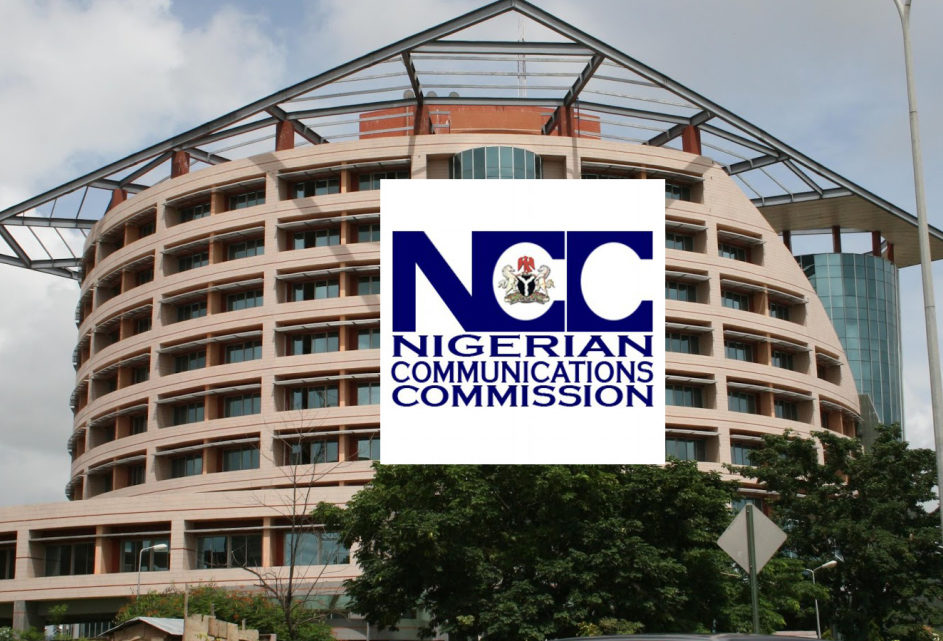
In an unusual move, the Nigerian Communications Commission (NCC) reversed its earlier announcement that it would penalize Starlink, a satellite internet service provider, for raising its subscription prices without approval. Last week, Starlink doubled its monthly rates to ₦75,000 and increased hardware prices by 34%. Initially, the NCC claimed the price adjustment was unauthorized but later retracted the statement. The incident raises questions about regulatory control under Nigeria’s Communications Act, as Starlink remains the country’s primary satellite ISP amidst ongoing inflation challenges.
Regulatory Dispute Overview: The reversal of the NCC’s position spotlights regulatory tensions within Nigeria’s telecommunications landscape, especially around the pricing and authorization of telecom services. The Nigerian Communications Act (NCA) of 2003 grants the NCC authority to regulate tariff rates, yet many telecom operators have faced static pricing for over a decade. This ongoing conflict between the regulator and service providers underscores the challenges of balancing consumer protection with industry dynamics, especially as inflation rises and impacts the cost of living in Nigeria.
Starlink’s price hike, which saw subscription rates jump to ₦75,000 and equipment prices surge from ₦440,000 to ₦590,000, comes as a significant increase during a time of economic strain. With limited alternatives in satellite internet, Starlink’s role as Nigeria’s sole major satellite ISP adds urgency to regulatory discussions.
Policy and Regulatory Challenges
Section 108 of the Nigerian Communications Act mandates that operators seek regulatory approval before implementing price changes, which the NCC highlighted in its initial statement. However, this authority has often led to friction, particularly with mobile operators, who have seen stagnant pricing structures for over a decade. Industry observers have called for a review of these regulations to reflect current economic realities, but the NCC remains firm on maintaining strict oversight of telecom pricing.
The withdrawal of the NCC’s statement could signal a softer approach or reflect behind-the-scenes negotiations between the regulator and Starlink, as Nigeria’s demand for affordable internet solutions grows amid global technological advancements.
Broader Market Impact
Despite the price hikes, Starlink continues to be a critical player in Nigeria’s internet landscape. Its satellite technology offers a crucial alternative to traditional terrestrial services, especially in rural and underserved areas where internet access remains limited. The company’s recent price adjustment raises important questions about affordability and access as Nigeria grapples with inflation, currency devaluation, and an unstable economy.
Conclusion
As regulatory battles unfold, the focus will remain on how the NCC and telecom operators—including Starlink—navigate the evolving landscape of Nigeria’s internet infrastructure. With Starlink’s continued dominance in the satellite space and regulatory pressures intensifying, this case serves as a crucial test of Nigeria’s telecom governance and the potential for future policy adjustments.
